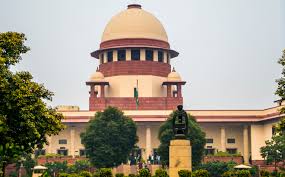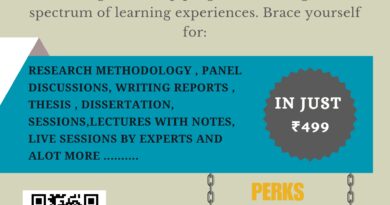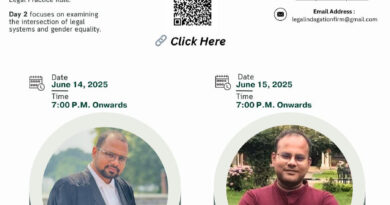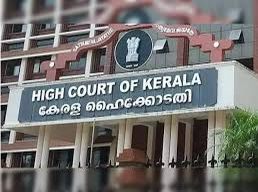Can lawyers be called upon to provide advice to clients? The Supreme Court intervenes.
Introduction
In a recent legal dispute that has stirred up discussions within India’s legal circles, a lawyer from Gujarat was called in by the police for providing advice to a client involved in a financial disagreement. The lawyer challenged the notice issued under Section 160 of the CrPC in court, but the Gujarat High Court ruled in favour of upholding it. This decision has raised alarm among lawyers and legal groups, who believe that such actions undermine the autonomy of the legal profession and infringe upon the confidentiality of attorney-client relationships.
In a similar incident, the Enforcement Directorate (ED) had summoned Senior Advocates Arvind Datar and Pratap Venugopal in the Religare case for questioning about the legal advice they provided on Employee Stock Options (ESOPs). Following significant criticism, the ED retracted the notices and implemented internal guidelines to prevent the summoning of lawyers without the Director’s direct authorization.
Suo moto of the Supreme Court
Recognizing the gravity of the issue, the Supreme Court of India took suo motu cognizance. A bench led by Justices K.V. Viswanathan and N. KotiswarSingh stayed the summons and observed–
“This has the effect of seriously undermining the independence and dignity of the legal profession and ultimately affects the administration of justice.”
The Court has framed two important constitutional questions –
1. Can a lawyer be summoned by investigating agencies when acting only in an advisory or representative role?
2. Should judicial oversight be mandatory before such summons are issued?
Has it any effect
This case in Gujarat is not just about one lawyer, it raises a broader concern about the freedom and independence of the legal profession in India.
When a lawyer is summoned or treated as a suspect simply for advising or representing a client, it sends a troubling message. Such actions create a chilling effect, causing lawyers to hesitate in taking up sensitive or controversial cases for fear of being targeted themselves.
This violates Article 19(1)(g) of the Constitution, which guarantees the right to practice any profession, and also undermines the attorney-client privilege, a fundamental legal principle protecting confidential communication between a lawyer and client. Weakening this privilege erodes trust in the legal process and limits a client’s ability to seek honest, fearless advice.
If this trend continues, it could severely impact access to justice and undermine the rule of law in a democratic society.
Conclusion
This case has the potential to be a defining moment in determining the boundaries of state authority over legal professionals in India. As the courts navigate the delicate balance between accountability and professional independence, the result will influence the extent to which lawyers can practice freely and safeguard their clients’ rights.





